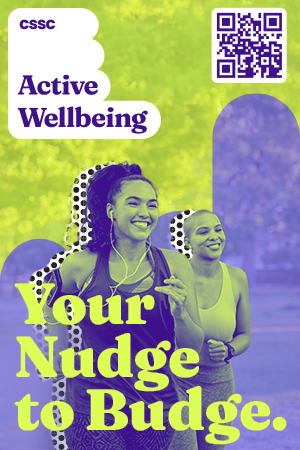Criminal Cases Review Commission
|
|
CCRC Research Committee publishes two new research projects
The CCRC Research Committee has published two new research papers as part of its ongoing commitment to sponsor a wide range of academic projects that benefit the wider criminal justice system.
New insights and emerging issues or patterns are always of interest, and the CCRC will make its data available to academic researchers who identify areas of potential research which might be of benefit to the criminal justice system.
These two reports join an extensive library of academic research covering a variety of topics, including the impact of legal aid cuts on the quality of applications to the CCRC, a paper by the Centre for Women’s Justice on “Women who kill” and a paper on the criminalisation of refugees.
Published today are papers on;
- the impact of R v Jogee on joint enterprise liability applications made to the CCRC (by the University of Greenwich’s Dr Louise Hewitt)
- Crown Court cases accepted for review on the basis that there were ‘exceptional circumstances’ (by CCRC intern Megan Morrison)
Joint enterprise applications (click to read full paper)
Dr Hewitt’s study reviewed 247 applications made between 2009 and 2020 by individuals convicted under joint enterprise law between 1978 and 2020, and focused on:
- The type of joint enterprise that is the subject of applications to the CCRC.
- How the corrected law in Jogee is being used in applications.
- The number of applicants that had legal representation.
- The demographic characteristics of applicants.
Exceptional circumstances (click to read full paper)
The Research Committee also oversees internal research projects carried out by CCRC staff drawing on its own data. The most recent internal research report has been produced by CCRC intern Megan Morrison and analyses Crown Court cases accepted for review by the CCRC on the basis that there were ‘exceptional circumstances’ justifying the CCRC’s involvement despite there being no previous attempt to appeal.
Previous topics researched internally to date include the Court of Appeal’s ‘Easy Read’ appeal form (Form NG) and ‘loss of time’ orders,.
The CCRC is always looking for ways to improve our service to applicants including those who – exceptionally – cannot appeal to the Courts in the usual way. This latest piece of research aims to improve our engagement with applicants who are unable to appeal and simplify the CCRC process for them. Read more here (add link to website)
Who sits on the CCRC Research Committee?
The CCRC Research Committee comprises of CCRC Commissioners and staff, and is supported by two independent academic advisors, Professor Barry Goldson (University of Liverpool) and Professor Anthea Hucklesby (University of Birmingham) – who are widely respected for their work in the field of criminal justice.
The Committee meets four times a year to monitor progress on research projects and consider potential new areas of interest. The Committee issues a call for new research proposals approximately once every two years.
Committee Chair and CCRC Commissioner, Rob Ward said:
“The Committee, which was formed in 2015, benefits greatly from the commitment of its members and the knowledge and experience of its independent academic advisors.
“We believe we are the only agency operating in the criminal justice system that has a committee dedicated to promoting and sponsoring research.
“I’m proud of the projects that the Committee has been able to support. The quality of the research conducted by leaders in the field of criminal justice, drawing on our data, has contributed significantly to the CCRC’s effectiveness and to wider understanding of the criminal justice system, the needs of its users and the pressures upon it.”
Current projects sponsored by the Research Committee include:
- “Evaluation of witness evidence in CCRC cases” – Dr Rebecca Helm, Exeter University.
- “Human Trafficking and Modern Slavery” – Prof. Richard Vogler, Dr Shahrzad Fouladvand, Sussex University;
- “Digital Communications and Digitised Third Party Records as evidence in Adult Sexual Offence Applications to the CCRC” – Prof. Michelle Burman et al, Glasgow University;
- “Young People and the CCRC” – PhD student, Northumbria University
Notes to editors
Further information on Research Committee papers can be found here
- CCRC can only support research proposals from recognised academic and/or research institutions.
- Whilst CCRC is unable to offer funding, it can support funding applications and provide access to nearly 25 years of data.
- The CCRC also supports PhD projects -subjects include “predictors of wrongful convictions”, “guilty pleas” and “Innocence”.
- We put out research calls approximately every 2 years.
Propose a research project to the CCRC.
Anyone interested in proposing an academic research project to the Commission should consider the following documents:
Notes for submission of a full research proposal
We also recommend that you make yourself aware of existing research.
All researchers will be required to sign an appropriate confidentiality agreement before access to CCRC data can be given.
Original article link: https://ccrc.gov.uk/news/ccrc-research-committee-publishes-two-new-research-projects/
.gif)

